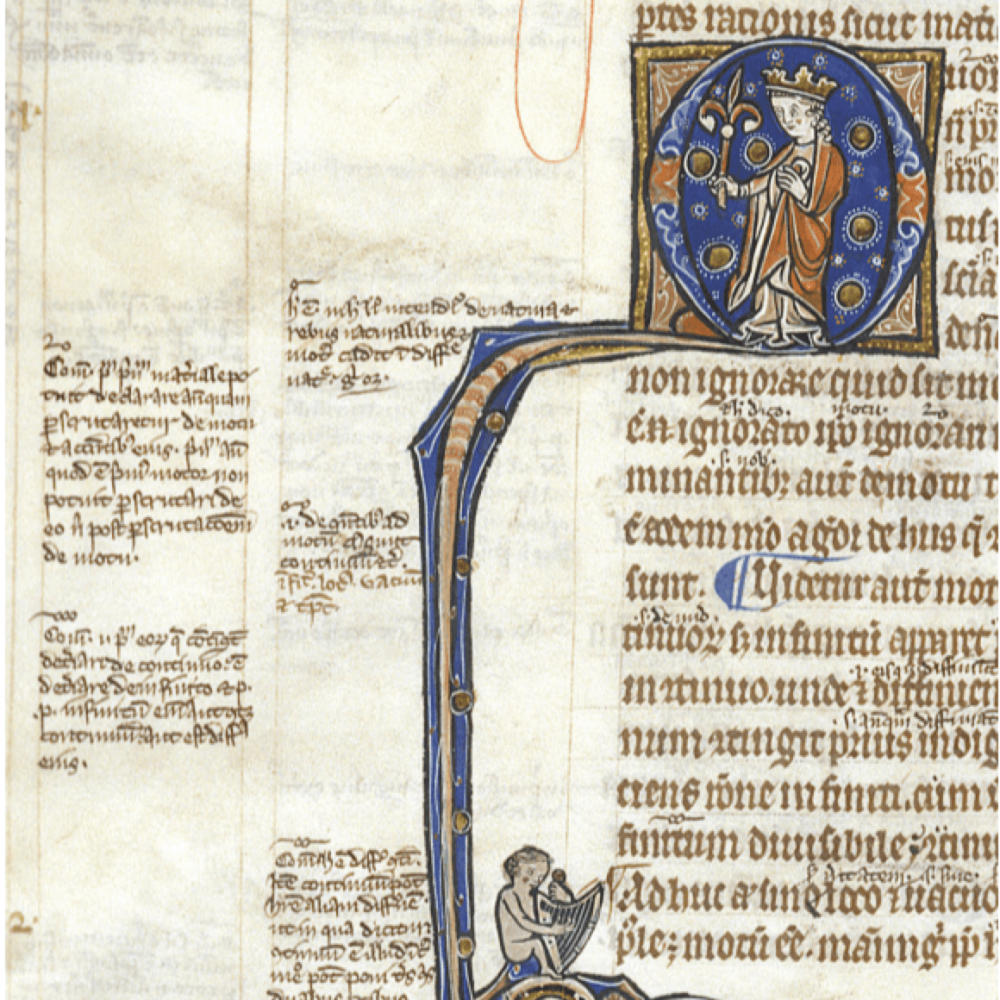
Edited by
Christina Lechtermann & Markus Stock
Congratulations to Christina Lechtermann and Markus Stock on the newly published special issue of Glossator, titled Commenting and Commentary as an Interpretive Mode in Medieval and Early Modern Europe. The papers in this special issue reflect how various social, literary, and religious practices involving the act of commenting intersect the genre of commentary as a stable phenomenon in select European cultures of the Middle Ages and the early modern era. The print volume is also available.
Read the text in full on the Glossator website.
| Introduction: Commenting and Commentary as an Interpretive Mode in Medieval and Early Modern Europe, by Christina Lechtermann and Markus Stock |
| The Pro-Active Scribe: Preparing the Margins of Annotated Manuscripts, by Erik Kwakkel |
| Thinking from the Margins: Opening and Closing Illuminations and their Commentary Functions around 1000, by Kristin Böse |
| Reading Texts within Texts: The Special Case of Lemmata, by Andrew Hicks |
| The In-/Coherences of Narrative Commentary: Commentarial Forms in the Anegenge, by Christina Lechtermann |
| Dante’s Self-Commentary and the Call for Interpretation by Elisa Brilli |
| Spiritualizing Petrarchism, “Poeticizing” the Bible: Two Counter-Reformation Self-Commentaries, by Christine Ott and Philip Stockbrugger |
| The Power of Glosses: Francesco Fulvio Frugoni’s Self-Commentary and Literary Criticism in the Tribunal della Critica, by Andrea Baldan |
| Commenting on a Purged Model: The M. Valerii Martialis Epigrammaton libri omnes novis commentariis illustrati of the Jesuit Matthäus Rader (1602), by Magnus Ulrich Ferber |